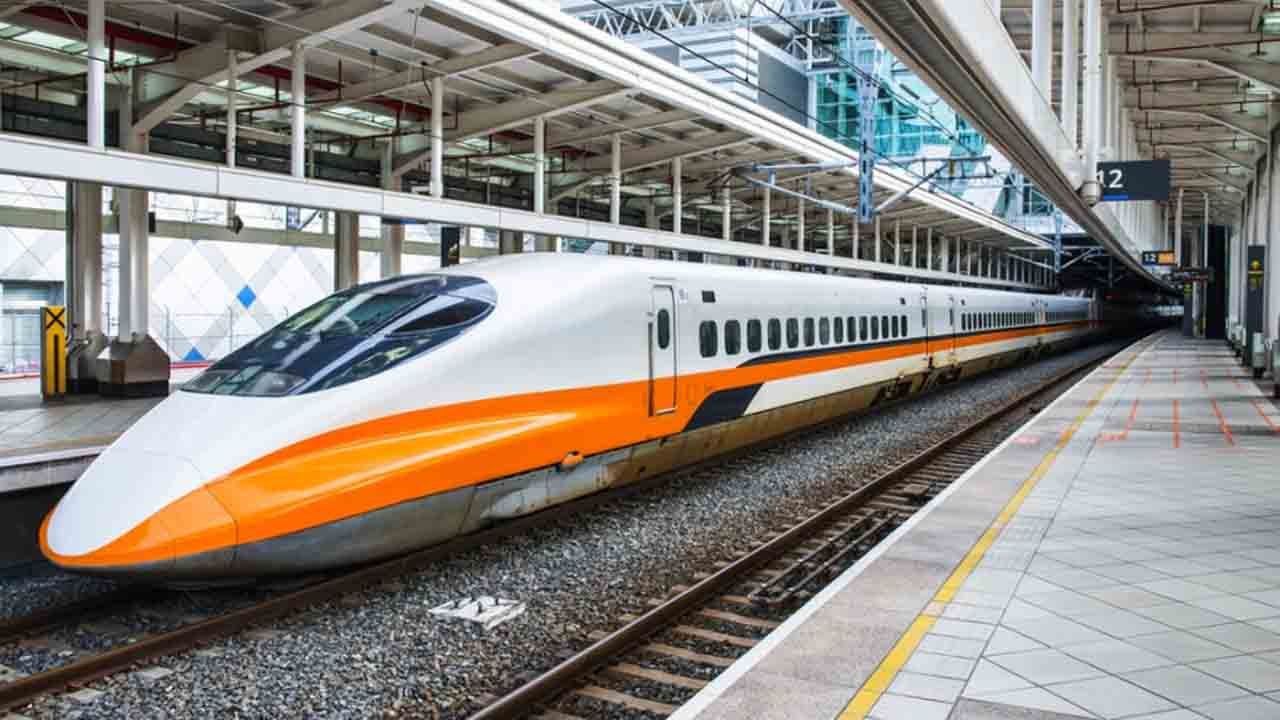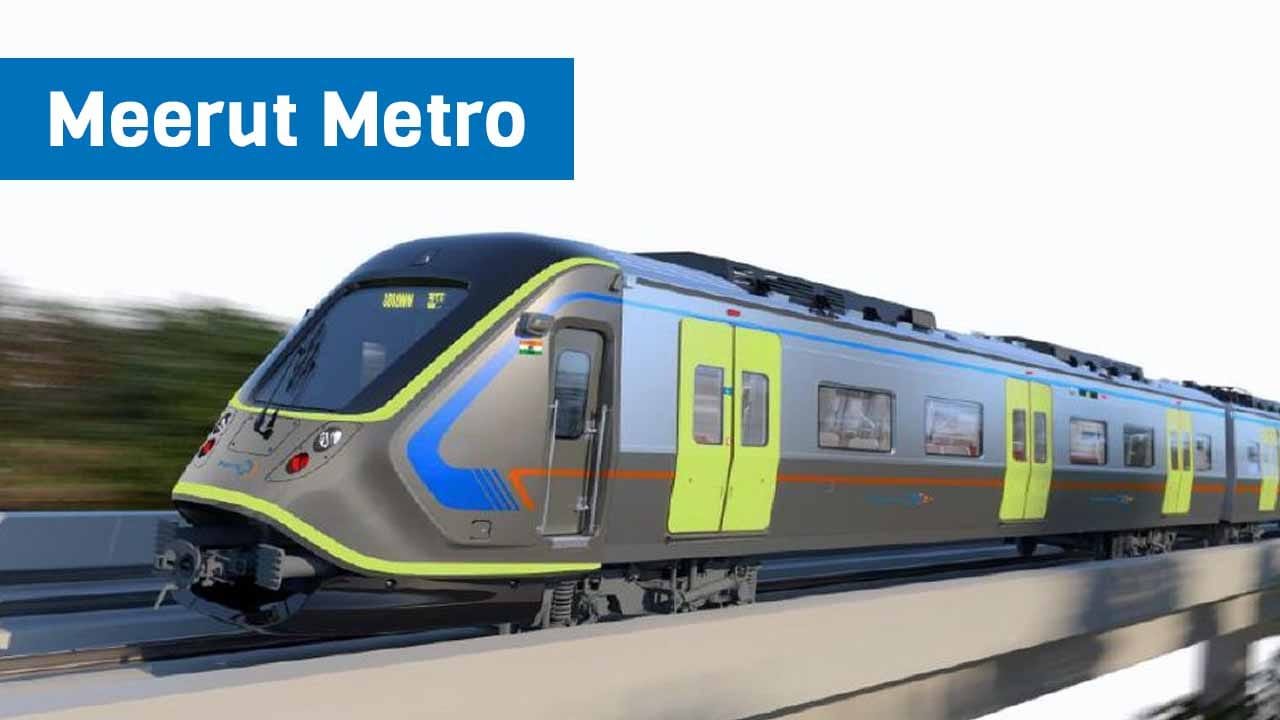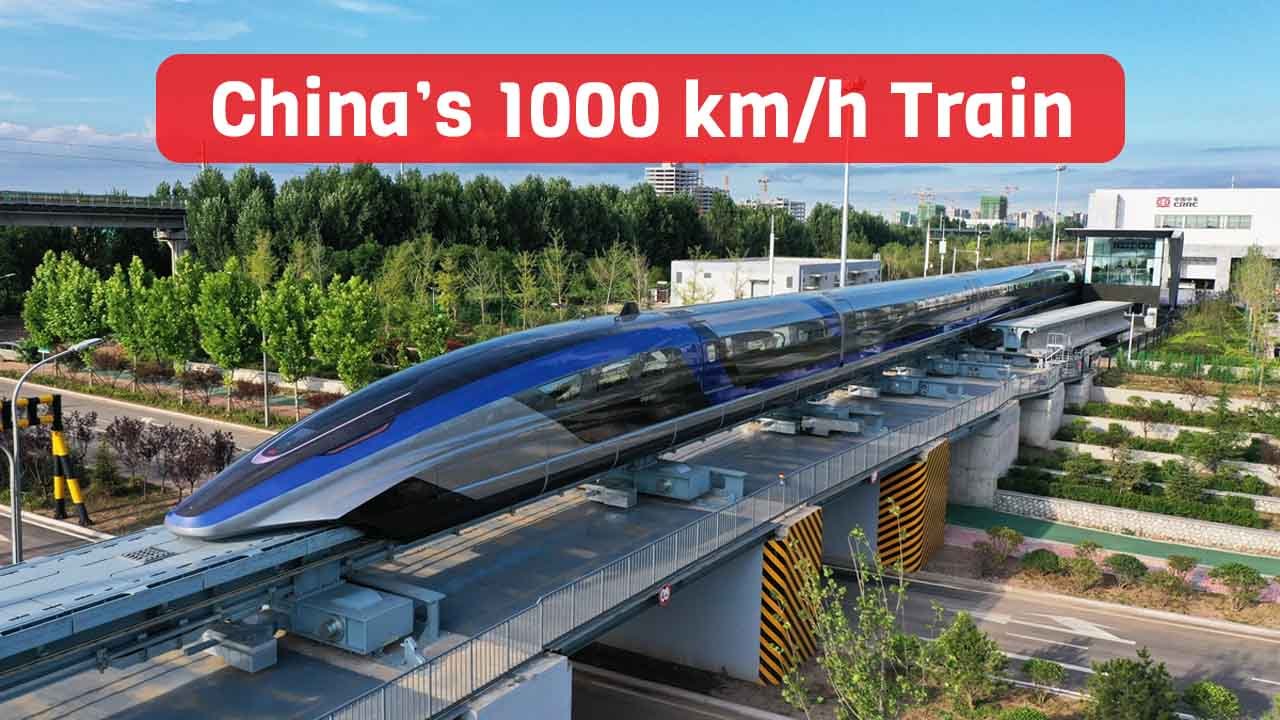The central government has recently announced the launch of a study into the feasibility of bullet train corridors in the eastern, southern, and northern parts of the country.
Three routes can be considered to transform regional connectivity and their potential to transform economic activity in southern India:
Table of Contents
1. Hyderabad-Bengaluru-Mysuru High-Speed Rail Corridor
Hyderabad, the capital of Telangana, is an important cultural and economic hub, with a strong information technology (IT) sector. It is home to the largest campuses of technology majors such as Google, Facebook, Microsoft, Amazon, and Apple outside the US.
Bengaluru is the world’s fastest-growing technology hub, with research and development (R&D) centers for Amazon, Microsoft, Facebook, and Google. The city’s IT sector employs over 4 million people.
Mysore is also home to major IT companies such as L&T Infotech, Infosys, and Wipro. It also has Larsen & Toubro, BEML and KSIC.
The two cities that contribute the most to Karnataka’s economy are Bengaluru and Mysore.
The 600-km bullet train corridor will boost economic cooperation and reduce travel time between the cities.
Industry and tourism in Mysore will get easier access to both metropolises, while the technology sector in Hyderabad and Bengaluru will benefit from more efficient business travel and resource sharing.
2. Visakhapatnam-Amaravati-Hyderabad High-Speed Rail Corridor
Visakhapatnam is a major port city for its steel plants and shipyards. Amaravati, the de facto capital of Andhra Pradesh, is a modern, green, and sustainable city. This 700 km route could be completed by Hyderabad, an important economic and cultural hub with a strong IT industry.
The corridor could link the administrative functions of Amaravati and the technological capabilities of Hyderabad with the industrial strength of Visakhapatnam.
Leveraging Visakhapatnam’s port facilities for trade, investing in ambitious urban projects in Amaravati, and promoting balanced regional development.
This route can also facilitate the transfer of resources and ideas, leading to economic growth in the region.
3. Chennai-Coimbatore-Kochi-Thiruvananthapuram High-Speed Rail Corridor
Chennai, the country’s largest industrial and commercial center, is famous for automobiles, medical tourism, hardware, data centers, and the financial technology (Fintech) sector.
Coimbatore called the “Manchester of South India”, is a large industrial center with a developed textile and engineering sector.
It is home to some of Asia’s largest apparel companies exporting hosiery fabric to several countries. It is also one of India’s major gold jewelry manufacturing centers, with many small engineering companies.
Kochi, with a strong maritime economy and a gateway to foreign trade, is an important port city. Manufacturing, shipbuilding, seafood and spice exports, and the chemical industry are the largest business sectors.
Thiruvananthapuram, the capital of Kerala, is an important cultural and governmental center.
The 850 km long corridor will promote economic integration between various South Indian cities, boosting trade and business.
Better connectivity will help Chennai companies collaborate more effectively with industrial partners in Coimbatore and leverage Kochi’s port facilities for international exports.
Administrative functions in Thiruvananthapuram will also gain better access to the rest of the region.
Overall, the introduction of bullet trains not only promotes development directly on the route but also boosts useful activities in the region.










